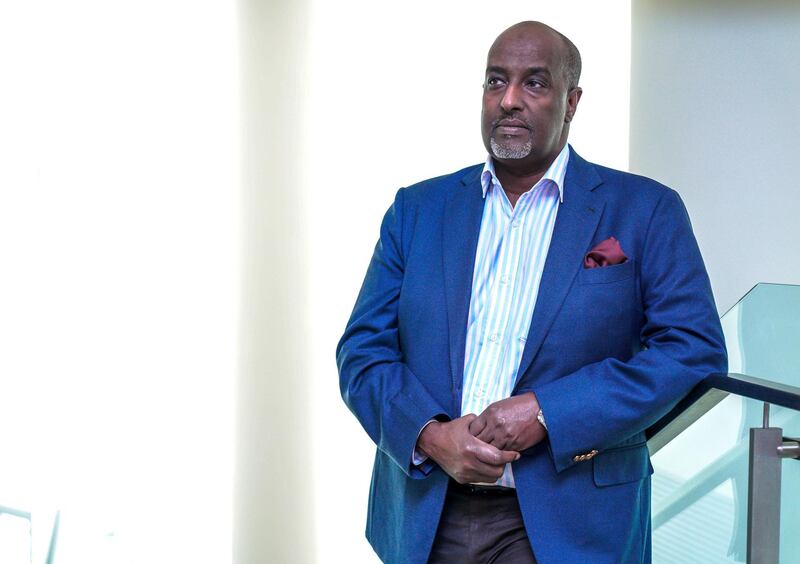The UAE Healthy Future study, which is seeking to recruit 20,000 volunteers between the ages of 18 and 40, offers Emiratis a unique opportunity to contribute to the well-being of future generations.
Led by New York University Abu Dhabi, this first in-depth study of the health of Emiratis over time is an inspiring collaboration of almost every health and educational institution in the country. Possible only in a society as stable as that of the UAE, it is also a demonstration on an impressive scale of the government’s commitment to the long-term health of its citizens. Based on the model of a US study that began in 1948 and, now on its third generation of participants, has revealed much of what the world now knows about heart disease, Healthy Future aims to follow the initial 20,000 volunteers throughout their lives.
As the years pass, it will yield invaluable insights into a wide range of conditions. Most importantly, it will enable health authorities to develop preventive measures and treatments tailored specifically for Gulf Arab populations. A 1988 study that recruited an ethnic cross-section of thousands of Londoners and followed them for 20 years demonstrated the advantages of targeting research at specific populations. It found that South Asian and Afro-Caribbeans in the UK had at least twice the risk of developing Type 2 diabetes as Britons of European descent. Research is now under way to identify a suspected genetic predisposition.
The UAE and the other wealthy, rapidly developing Gulf states have relatively high rates of so-called lifestyle diseases, including diabetes, obesity and heart disease. However, it is simplistic to dismiss such conditions as the inevitable consequences of the good life. As the designers of this ambitious study recognise, assumptions are the enemy of good science.
Designed to run for up to 100 years, Healthy Future is a remarkable project that will long outlive its designers and all who now step forward to take part. Breakthroughs may take years to emerge, but this is an opportunity for citizens to give the priceless gift of good health to their fellow countrymen and women for generations to come. As such, it is the ultimate exercise in civic duty.





